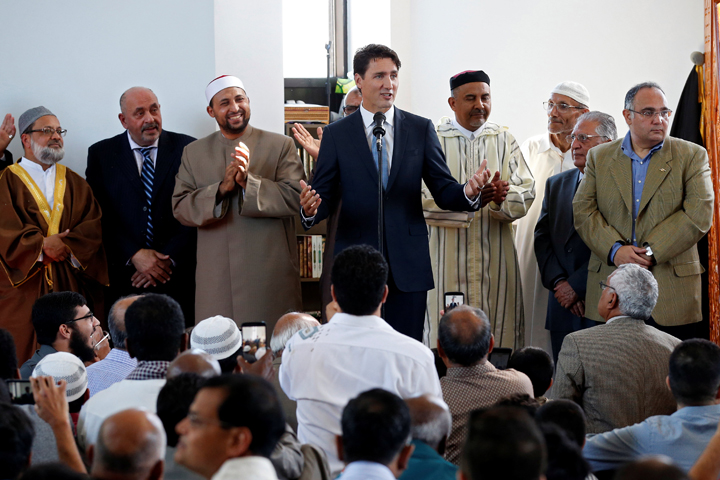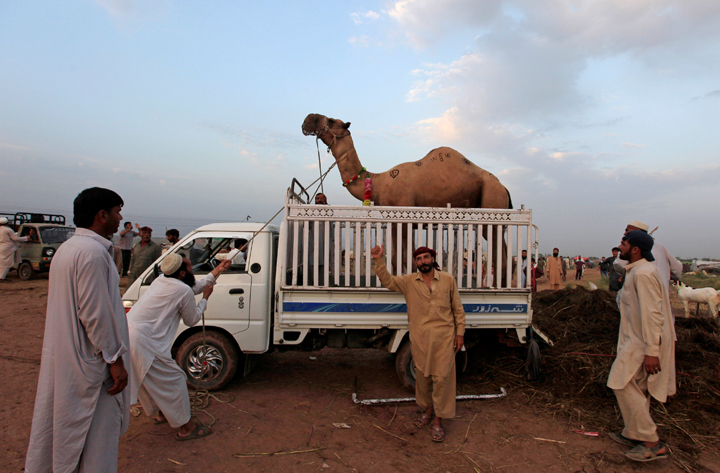Muslims around the world celebrated the Eid al-Adha on Monday, one of the two most important festivals of the Islamic calendar.

Eid happens twice a year – once at the end of Ramadan and once at the end of Hajj, which marks Eid al-Adha. Also known as the “festival of sacrifice,” Eid al-Adha is considered to be the holier of the two.
“Today serves as an opportunity for us all to recognize the invaluable contributions of our thriving Muslim community that enrich our national fabric each and every day,” read a statement issued by Prime Minister Justin Trudeau.
Here are some facts about the Muslim holiday:
Why is Eid al-Adha known as the “Festival of Sacrifice?”
Eid al-Adha honours Abraham’s willingness to sacrifice his son on the order of God. But, according to tradition, God stopped him and gave him a sheep to sacrifice instead of his son.
A similar version of the story can also be found in the Bible’s Old Testament and the Torah.
Muslim families often sacrifice an animal on Eid al-Adha – usually a cow, goat, or sheep – to honour the tradition. The meat is usually divided into three portions; the family keeps one third, gives a third away to friends and donates a third to those in need.
Livestock production is a huge part of this celebration
Up to one million sheep and goats were sent from Somaliland to Saudi Arabia this year in anticipation of ceremonial slaughters, according to Al Jazeera.
Somaliland’s economy revolves livestock production. According to Al Jazeera, 80 per cent of the territory’s export income is generated by livestock.
How do Muslims celebrate?
Eid al-Adha is marked by prayers in the morning and usually followed by a celebratory meal.
While many families exchange gifts to mark the holiday, Muslims are also encouraged to donate to charities to help those in need.
What does Eid Mubarak mean?
Muslims wish each other “Eid Mubarak” after preforming the Eid prayer. The Arabic greeting means “blessed Eid” or “blessed celebration.”






Comments